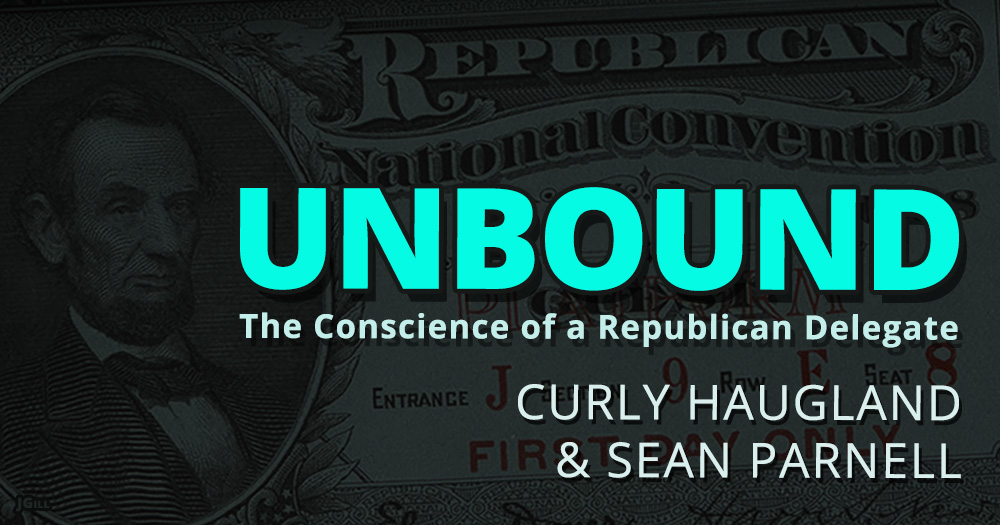A turn in rhetoric caught the attention of the attention-catchers.
On Friday, USA Today explained “Why Biden is blasting the ‘ultra MAGA’ agenda, not Donald Trump, in his midterm push.” The paper explained that Biden, seeking “to avert a midterm disaster that would all but end his domestic agenda,” is pointedly not mentioning the name of his predecessor in office.
“Instead, the White House works aggressively to paint Republicans and their policies as an ‘ultra MAGA agenda’ in a push to overcome the president’s brutal approval ratings and voters’ frustration with high inflation to help Democrats maintain control of Congress.”
Jenn Psaki, on the way out as the president’s press secretary, attributed the “ultra MAGA” epithet to none other than that genius specimen of Homo politicus himself, Joe Biden. But, as reported in the Washington Post, that’s just another whopper for the cameras and the gullible.
Actually, the Post didn’t put it like that. “The attack line followed months of testing from the Center for American Progress Action Fund,” writes USA Today, summarizing the Post’s reportage. “Democrats believe ‘ultra MAGA’ tells a story of a movement that’s no longer just about Trump.”
Democrats are right … in that “ultra MAGA” does tell a story.
Democrats are wrong … to imagine it could dissuade Republicans. Many conservatives now embrace the epithet, mocking Democrats for thinking they’ve found the key to unlocking Democratic success in the upcoming mid-terms.
While I won’t be embracing Ultra for my messaging — is Ultra Freedom or Ultra Responsibility or Ultra Accountability on the menu? No? Then: no! — I can join conservatives in shaking my head at rule by focus group.
And President Biden’s calling MAGA “the most extreme political organization that’s existed in American history?”
The charge — coming from the party of riots, lockdowns, shortages, and inflation — seems ultra-suspect.
This is Common Sense. I’m Paul Jacob.
—
See all recent commentary
(simplified and organized)








